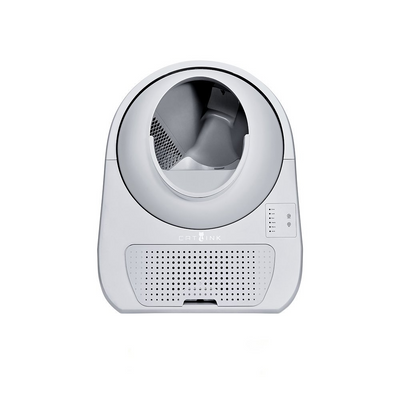FREQUENTLY ASKED QUESTIONS
This is a bit of a gross one!
From an evolutionary perspective, dog mums eat the poop of thier young to keep the den clean and free from odors that may attract predators.
Some puppies bring this behaviour into thier new home, though most grow out of the habit as they mature. Some dogs eat stool because they are stressed, bored, like the attention or to avoid punishment.
Discourage this habit by cleaning up yard regularly .
Eating grass serves as a purging mechanism from eating the occasional spoiled meal or off food and it can also serve to relieve other gut symptoms from parasites to infection. Some cats, however, seem to simply enjoy the taste.
The answer to this question can vary. A chicken will begin laying when she has reached sexual maturity. For smaller breeders, this can happen sooner, but for larger breeds, it can take a little longer.
On average your hens will begin to lay around 6 months old. Again, check their breed size because you may begin seeing eggs sooner or later from that average mark.
Another way to tell if your hen is ready to lay is having a rooster around. Roosters know when hens are becoming mature and will start trying to mate with them.
When you see that happen, eggs are not far away.
Exact amounts of feed depends on size and age of your goats. But on average, a goat will need roughly 3 to 4 percent of thier total body weight each day in feed. Grass hay is great for gut health and digestion where Lucerne is rich and should be provided in rations.
How many eggs you get will vary depending on your breeds but please refer to the below chart for an indication.
White layer: 200-300 eggs per year
Mallard: 25-100 eggs
Khaki Campbell: 250-350 eggs
Cayuga: 150-300 eggs
Merino
The Merino is docile in nature, typically have been polled so no horns, make great mothers and are fairly hardy animals.
Merino’s do not require much care and if you can find someone to sell the incredible wool too you could even make a little pocket money.
Children: Kids should never be left alone with geese as young children tend to make too many fast movements and loud noises.
Commitment: Geese can liver for over 25 years (ours did). They are a long term commitment.
Noise: Ganders can be very loud, especially during breeding season. Carelly assess nearby properties and neighbours who may be affected by this noise.
Grass/Feed: Grass makes up the majority of a gooses diet, ensure your propses goose area has plenty of fresh grass roughly 6 to 8cm long for thier diet.
Sheep do not like coarse hay. Try to make a variety of hay you can give the flock that is fine and leafy. Hay made with a legume harvested during growth typically works well for lambs as it has finer stems. Mature sheep will do just fine on high quality grass hay.





